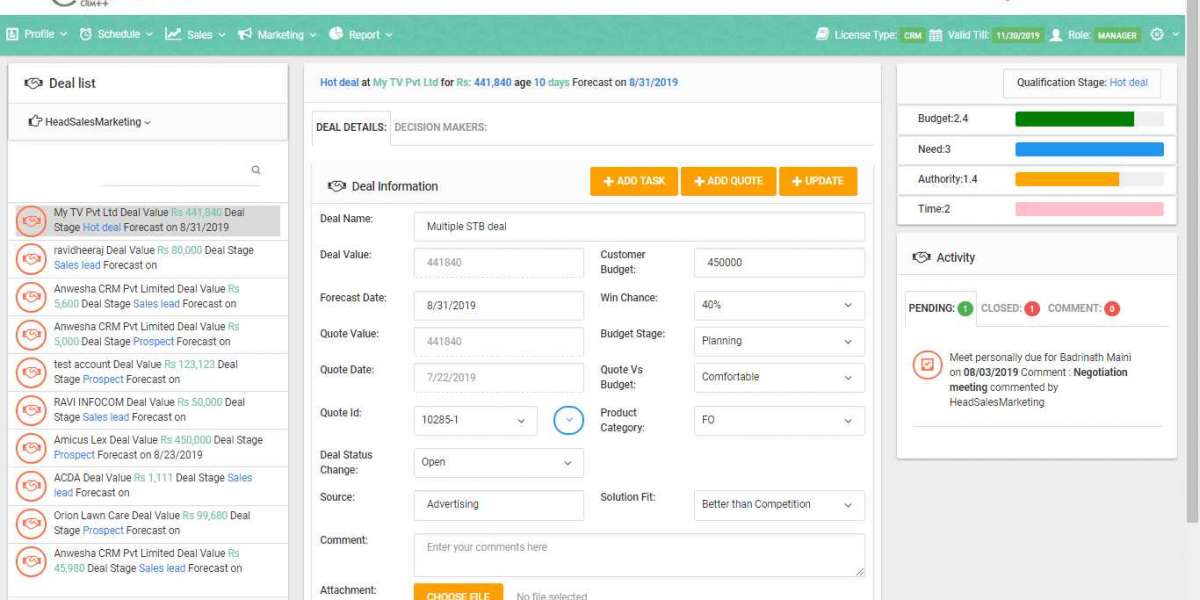The Ministry of Human Resources and Emiratization (MOHRE) is the UAE's authority in charge of labour and employment matters. The ministry has enacted legislation that protects both employers and employees. These rights apply to pay negotiations, vacations, incentives, the work environment, and working conditions, among other things.
How Do Salaries Have to Be Paid?
All companies/institutions registered with MOHRE are required to pay their employees' wages on the stipulated due date via the so-called Wages Protection System (WPS), according to the provisions of Ministerial Resolution Number (739) of 2016 addressing wage protection, as issued by MOHRE. According to the WPS, all employees will have their salary deposited into accounts with UAE Central Bank-approved banks or financial institutions. Only companies that are registered with the WPS will be processed or dealt with by MOHRE. The WPS, which was created in collaboration with the MOHRE by the UAE Central Bank, is an electronic wage transfer system that allows registered companies to pay their employees' salaries through banks and other financial institutions that are permitted to provide the service. The WPS enables the MOHRE to create a database that tracks all salary payments in the private sector, ensuring that employees are paid their agreed-upon wages on time. The Ministry of Human Resources and Emiratization (MOHRE) provides a dependable database for private sector enterprises to produce wage files for their employees. For wage distribution to employees, companies must deliver these files to their respective banks. Each file contains critical information regarding the employee's compensation as determined by their contract, allowing MOHRE to verify that all dues are paid Here the employees can seek legal assistance if the employer refuses to pay the salary on time.
In the event of fraudulent or inappropriate use of the WPS, the following fitness may be imposed under Ministerial Resolution Number (15) of 2017:
- Incorrect or misleading information entered into the WPS for the purposes of fraud, evasion, or circumvention may result in a fine of AED 5000 per employee, with a maximum fine of AED 50,000 for many employees.
- Failure to make salary payments on time may result in a fine of AED 1000 per employee.
- Employees who are forced to sign fake documentation as proof of salary receipt may face a fine of AED 5000 per employee.
This huge database ensures that agreed-upon wages are paid on schedule. In the UAE, the WPS applies to all institutions registered with MOHRE, which operate in a variety of industries. The system is designed to provide services to a wide range of private-sector personnel. Its key objectives include:
- Solid dedication to protecting employee wages.
- Provide a seamless mechanism to protect employers' interests and reduce the time and effort required to pay due wages and salaries.
- Improve job security in the UAE's private sector, and endeavor to strengthen working relationships and protect both employees and employers' rights.
- Provide a simple and transparent payment system.
- Providing the UAE Ministry of Labour with a dependable database that is frequently updated with new pay data in the private sector.
- Proactive in providing employee protection and reducing wage-related labor issues.
After a business has successfully registered for an account, the next step is to complete the payment process by following the procedures below:
- If the employer does not already have a bank account in the UAE, it must open one with an authorized bank or agent.
- The bank or agent must enter into a WPS agreement with the employer.
- The employer can ask the bank or an agent to transfer the salary.
- The bank or an agency notifies the UAE Wages Protection System, which sends employee information, wages, and salary transfer instructions to the UAE Central Bank via an electronic system.
- The UAE Central Bank then sends all of the information to MOHRE for verification.
- WPS gives the employer's bank or agent permission to pay the employee's earnings. The salary is subsequently sent to the employee's bank account by the bank.



